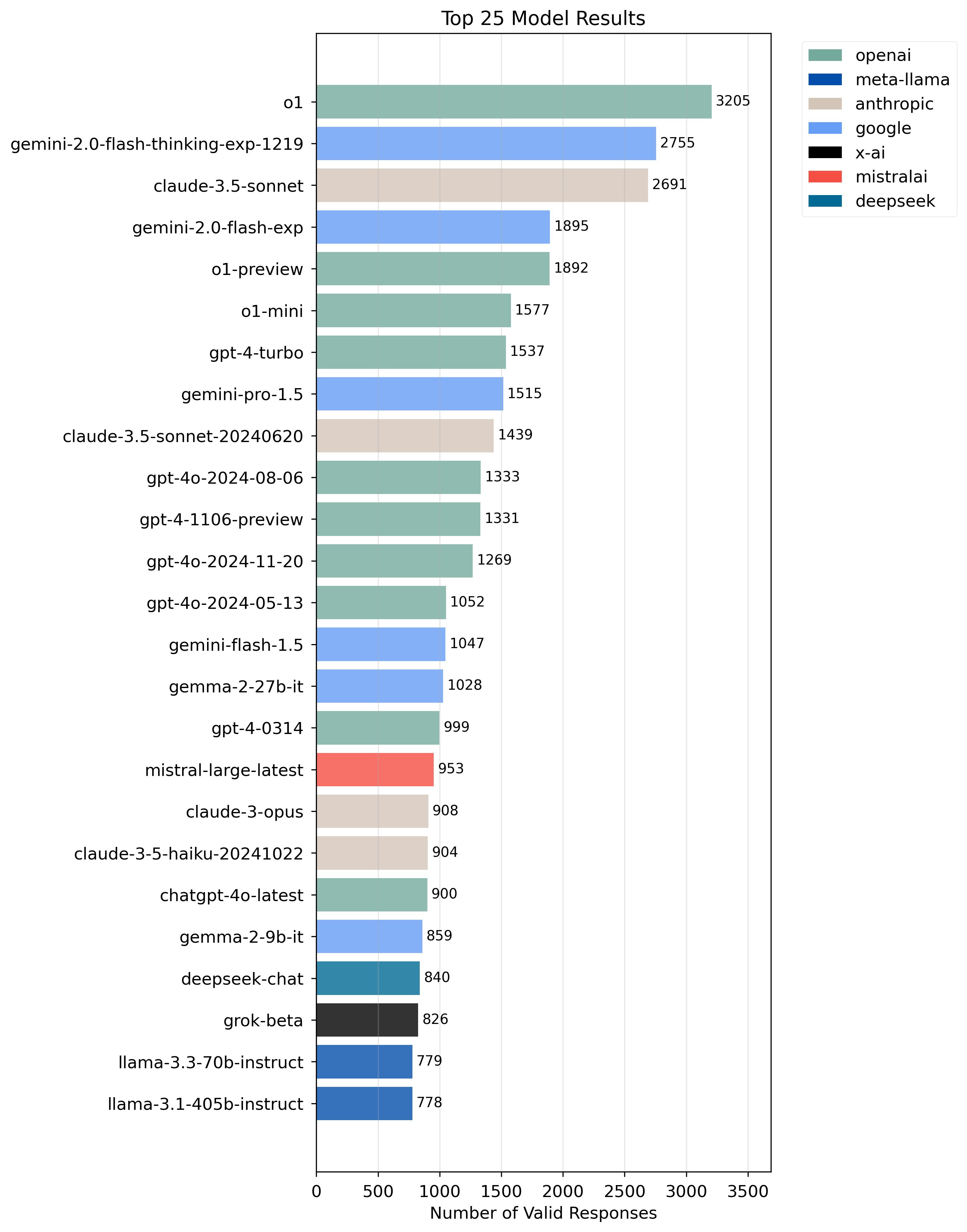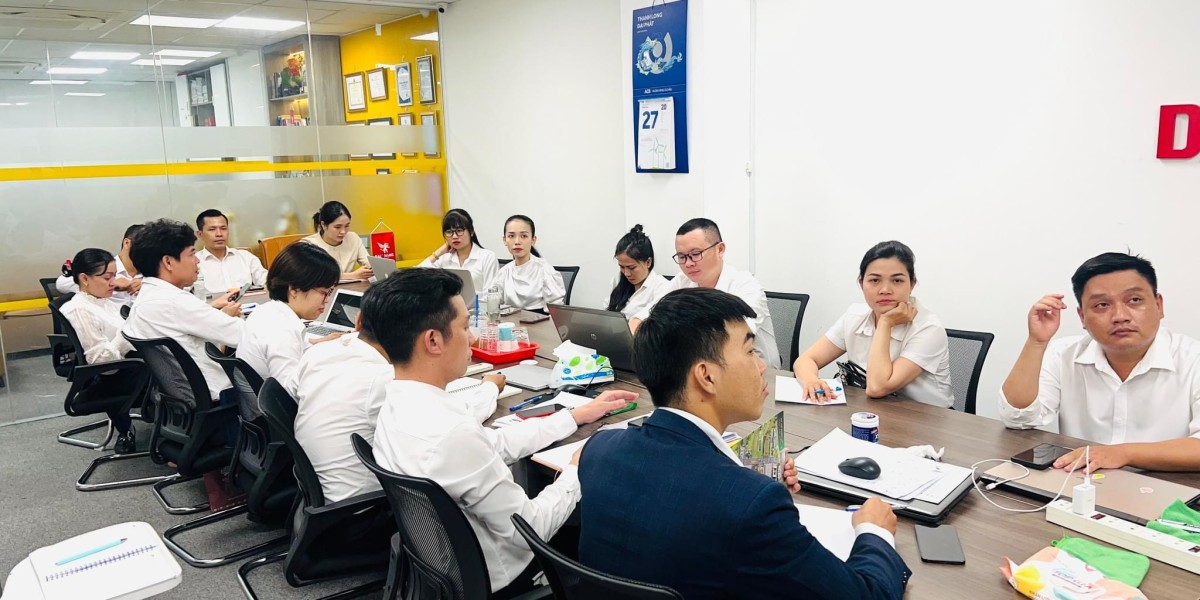
DeepSeep-R1 chatbot, a revolutionary innovation in the AI world, has actually recently triggered an uproar in both the finance and innovation markets. Created in 2023, this Chinese start-up rapidly overtook its rivals, consisting of ChatGPT, and ended up being the # 1 app in AppStore in a number of countries.
DeepSeek wins users with its low cost, being the very first sophisticated AI system available free of charge. Other similar large language designs (LLMs), forum.batman.gainedge.org such as OpenAI o1 and Claude Sonnet, are presently pre-paid.
According to DeepSeek's designers, the expense of training their model was just $6 million, an innovative little amount, compared to its competitors. Additionally, the model was trained using Nvidia H800 chips - a simplified version of the H100 NVL graphics accelerator, which is enabled export to China under US limitations on selling innovative technologies to the PRC. The success of an app established under conditions of minimal resources, as its designers declare, ended up being a "hot subject" for discussion amongst AI and company specialists. Nevertheless, some cybersecurity experts explain possible risks that DeepSeek might bring within it.
The danger of losing investments by big innovation companies is presently amongst the most important subjects. Since the big language model DeepSeek-R1 first ended up being public (January 20th, 2025), its unprecedented success triggered the shares of the business that purchased AI advancement to fall.
Charu Chanana, chief financial investment strategist at Saxo Markets, suggested: "The introduction of China's DeepSeek suggests that competition is magnifying, and although it might not posture a substantial hazard now, future competitors will evolve faster and challenge the established business more quickly. Earnings today will be a huge test."

Notably, DeepSeek was launched to public usage nearly exactly after the Stargate, which was expected to become "the biggest AI infrastructure task in history so far" with over $500 billion in financing was revealed by Donald Trump. Such timing could be viewed as a deliberate attempt to discredit the U.S. efforts in the AI technologies field, not to let Washington acquire a benefit in the market. Neal Khosla, a creator of Curai Health, which utilizes AI to enhance the level of medical help, called DeepSeek "ccp [Chinese Communist Party] state psyop + financial warfare to make American AI unprofitable".
Some tech experts' suspicion about the revealed training cost and devices used to develop DeepSeek might support this theory. In this context, some users' accounting of DeepSeek apparently determining itself as ChatGPT likewise raises suspicion.

Mike Cook, a scientist at King's College London concentrating on AI, commented on the subject: "Obviously, the model is seeing raw reactions from ChatGPT at some point, but it's unclear where that is. It might be 'unexpected', however unfortunately, we have seen instances of people straight training their models on the outputs of other designs to attempt and piggyback off their knowledge."
Some experts likewise find a connection in between the app's creator, Liang Wenfeng, and the Chinese Communist Party. Olexiy Minakov, an expert in interaction and AI, shared his concern with the app's fast success in this context: "Nobody checks out the regards to usage and personal privacy policy, gladly downloading a totally free app (here it is suitable to recall the proverb about complimentary cheese and a mousetrap). And after that your data is kept and offered to the Chinese federal government as you interact with this app, congratulations"
DeepSeek's personal privacy policy, according to which the users' information is stored on servers in China
The potentially indefinite retention duration for users' individual info and ambiguous phrasing regarding information retention for users who have actually breached the app's terms of usage may also raise concerns. According to its privacy policy, DeepSeek can get rid of info from public gain access to, but maintain it for internal examinations.
Another hazard hiding within DeepSeek is the censorship and predisposition of the info it supplies.
The app is concealing or supplying intentionally incorrect info on some subjects, demonstrating the threat that AI innovations established by authoritarian states might bring, and the influence they could have on the information area.

Despite the havoc that DeepSeek's release triggered, some experts demonstrate suspicion when talking about the app's success and photorum.eclat-mauve.fr the possibility of China providing new groundbreaking inventions in the AI field quickly. For instance, the job of supporting and increasing the algorithms' capabilities might be a challenge if the technological limitations for China are not lifted and AI technologies continue to progress at the exact same fast lane. Stacy Rasgon, an analyst at Bernstein, called the panic around DeepState "overblown". In his opinion, the AI market will keep receiving investments, and there will still be a requirement for information chips and data centres.
Overall, the financial and technological changes brought on by DeepSeek might indeed show to be a temporary phenomenon. Despite its existing innovativeness, the app's "success story"still has substantial gaps. Not just does it issue the ideology of the app's developers and the truthfulness of their "lower resources" development story. It is likewise a question of whether DeepSeek will prove to be durable in the face of the market's needs, and its ability to maintain and overrun its rivals.







